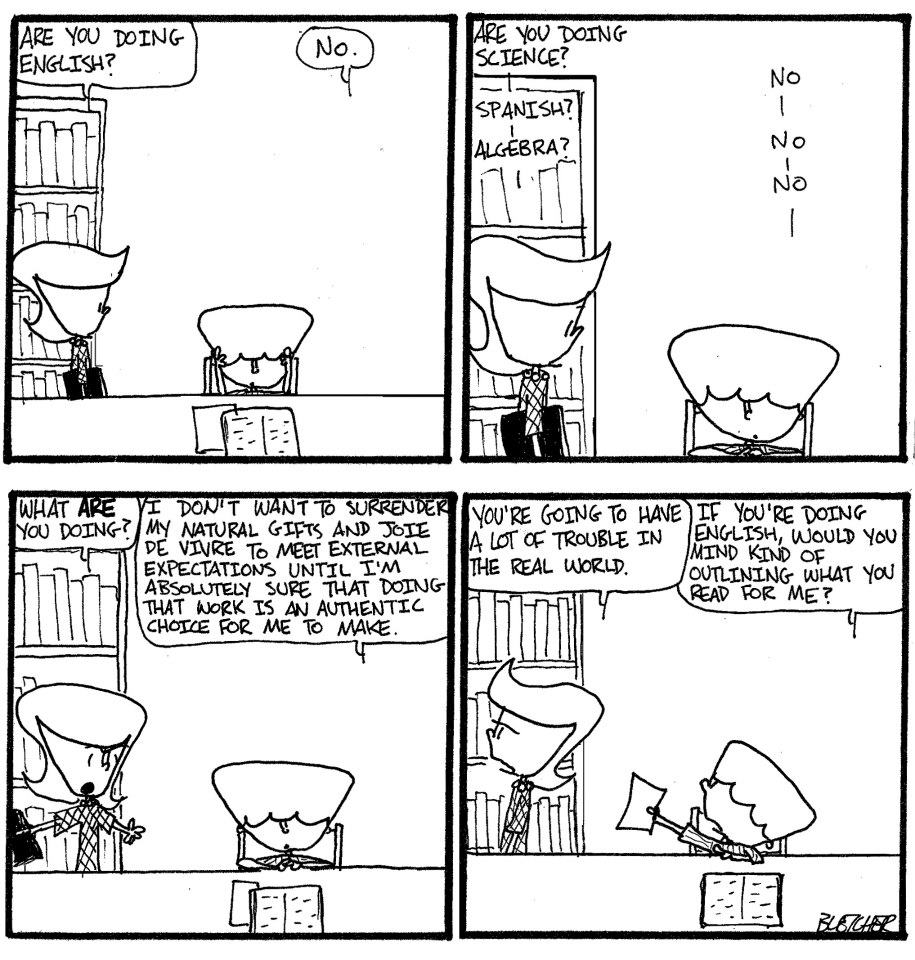A faculty member harasses a student while discussing their research. The student is working as a research assistant, and doesn’t want to lose their job. What can they do? If they complain, will the professor be held accountable? Or will the student face retaliation while the university ignores their complaint?
Harvard currently exercises complete control over the only systems by which student workers can report sexual harassment, assault, and other forms of discrimination. If Harvard wants to sweep a student’s allegation under the rug, it can—and often does. Over and over again, Harvard has delayed or declined to act when students have brought complaints of discrimination. Harvard’s discrimination procedures discourage student workers from coming forward, which allows abusive behavior to go unchecked. Even when survivors do report, Harvard’s discrimination procedures have served to protect prominent faculty members, allowing them to keep their positions—without repercussions—for years after complaints are brought, sometimes by dozens of people. In contrast, those who report are often pushed out of their educational and professional pursuits. Harvard’s discrimination procedures therefore lead to a legal academy and legal profession which continues to be dominated by white men, despite the makeup of the student body.
Last year, student workers voted to unionize because of a range of issues, including low pay, high student debt, inadequate health insurance, and harassment and discrimination. Our union is negotiating a contract with Harvard right now. Once the contract is finalized, a student worker or group of workers experiencing a workplace rights violation will be able to access a free, fair, and neutral third-party grievance procedure. Under this procedure, student workers will be supported by a union representative and will be able to go to a third-party arbitrator, who will hear and resolves disputes that cannot be resolved at a lower level. Crucially, this option will be the student worker’s choice. Assigned too many hours? Denied health insurance you are entitled to? Paid less than the contractual wage? You can use the union grievance & arbitration procedure to access a fair and efficient process by which student workers can have their claims addressed. Arbitrators are paid jointly by the employer and the union, avoiding the conflicts of interest inherent to Harvard’s current system and providing a neutral, fair decision-maker—and ensuring due process for all involved.
Despite these benefits, Harvard is trying to create a carve-out blocking student workers from using this optional grievance and arbitration process for harassment or discrimination claims. Put another way, Harvard wants to force students who experience harassment or discrimination to take their complaints through the same, broken internal process it has now. This carve-out would maintain the system that has already failed vulnerable student workers. It would continue to discourage victims from coming forward. Harvard’s proposal would perpetuate a status quo in which powerful perpetrators can harass or discriminate against students and be free from real consequences. But this status quo is not inevitable—the union’s process would correct the imbalance.
You might have heard about the surging opposition to an unrelated type of arbitration, “forced arbitration.” Many companies sneak forced arbitration clauses into employment contracts or fine print on consumer purchases. Forced arbitration clauses block employees or customers from getting justice in court for that company’s wrongdoing. Instead, workers and consumers have to go through a rigged company arbitration process which limits workers’ and consumers’ procedural rights, and is run by an arbitrator selected by the company, paid by the company, and accountable to the company. To make things worse, forced arbitration typically prohibits group or class actions—barring workers or consumers from banding together to seek justice. That’s why we’ve seen a surge of grassroots activism against forced arbitration. Law students at Harvard successfully pushed Kirkland & Ellis, the world’s largest law firm, to end forced arbitration for all of its employees, Sidley Austin followed suit, and the Pipeline Parity Project is targeting Venable and DLA Piper next. Similarly, Google ended its forced arbitration policy for employees, although notably not contractors, after 20,000 Google workers staged a walkout demanding reform.
Forced individual arbitration could not be more different from the voluntary arbitration that our union grievance procedure seeks to provide. The union grievance and arbitration process will not be forced, but rather will serve as an additional option that student workers can use. It will empower workers to hold perpetrators accountable for harassment and discrimination—while forced arbitration does the opposite. It will ensure a neutral forum for dispute resolution, and will protects student workers against the sort of rigged processes Harvard currently employs. And no student worker will waive their rights to pursue a claim in court. Student workers will be able to bring claims as a group, empowering us to seek justice together. Union arbitration will create a much-needed paper trail, enabling the union to detect serial harassers—which will benefit the entire Harvard community. The arbitration process we want will be the result of collective action, rather than an impediment to it. It will be a democratic effort, not one imposed unilaterally by the university.
Harvard should not hold harassment and discrimination to a different standard than other claims. Our union is calling on Harvard to agree to strong protections against harassment and discrimination—and that means #NoCarveOut for harassment and discrimination claims from the contractual grievance and arbitration procedure. On Wednesday, March 13, at 12 PM, we will rally at the Science Center Plaza to tell Harvard, #TimesUp. Come join us.


